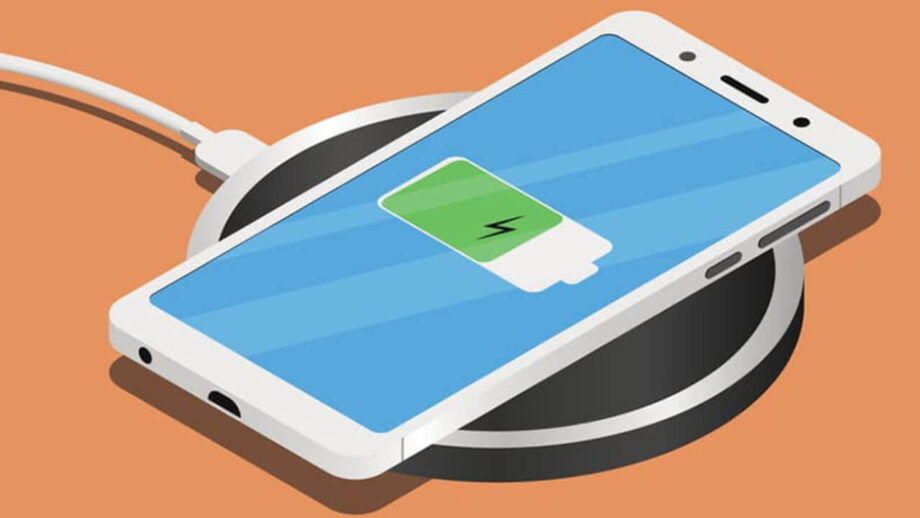The practicality of Wireless charging is quickly making this technology mainstream. The majority of customers who purchase flagship smartphones also choose wireless chargers or other charging methods. Despite its convenience, some people are still hesitant to accept this technology. Many consumers have expressed their concerns about the wireless charging technology harming their devices online.
Here, we’ll talk about the technology’s operation and whether or not it’s beneficial for your device’s battery.
How is wireless charging carried out?
Modern smartphones use electromagnetic induction to wirelessly transfer electricity from the charger to the phone. To use this technology, your smartphone must support wireless charging and a suitable wireless charger. When you place a compatible smartphone on a wireless charger, a rapidly fluctuating magnetic field interacts with the copper coil that is within the device. Electromagnetic induction interacts with the magnetic field by producing electric energy in a closed loop. The generated electric current is used to recharge the battery.
Tightly-coupled electromagnetic inductive charging is the name given to this type of wireless charging. For this technique to work, two copper coils must be put close together. In order for this form of wireless charging to function, the copper coils must be aligned. Other wireless charging systems exist that are designed to address the proximity problem. Radiation Patterns
Does wireless charging deplete the battery in your smartphone?
There is no truth to the widely held belief that wireless charging is detrimental to smartphones. Users note that conventional charging produces less heat than wireless charging, which leads them to believe that wireless charging harms the battery of their smartphone.
Is there a difference in temperature between wired and wireless charging?
The heat that is created during wireless charging can be handled by your smartphone.
One of the adverse effects of wireless charging is that it generates more heat than traditional wired charging. If the heat produced by wireless charging is not adequately controlled, it could harm the smartphone.


